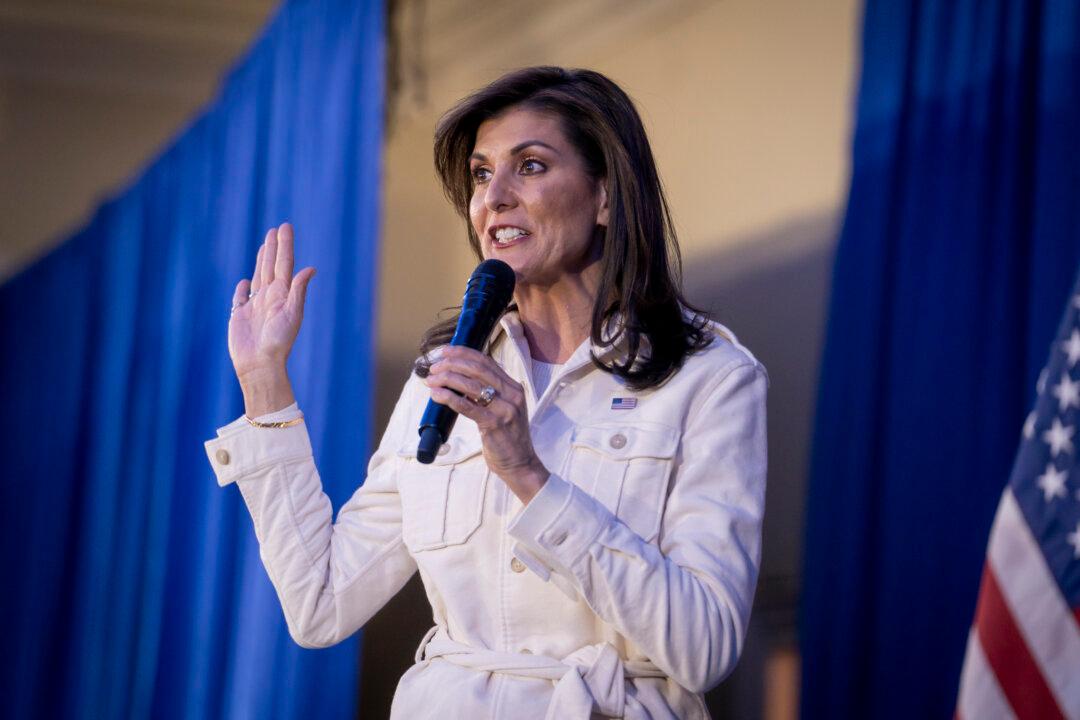News Analysis
Despite suffering a humiliating loss in her home state of South Carolina on Feb. 24 and another in Michigan on Feb. 27, GOP presidential candidate Nikki Haley has vowed to fight on.

Despite suffering a humiliating loss in her home state of South Carolina on Feb. 24 and another in Michigan on Feb. 27, GOP presidential candidate Nikki Haley has vowed to fight on.